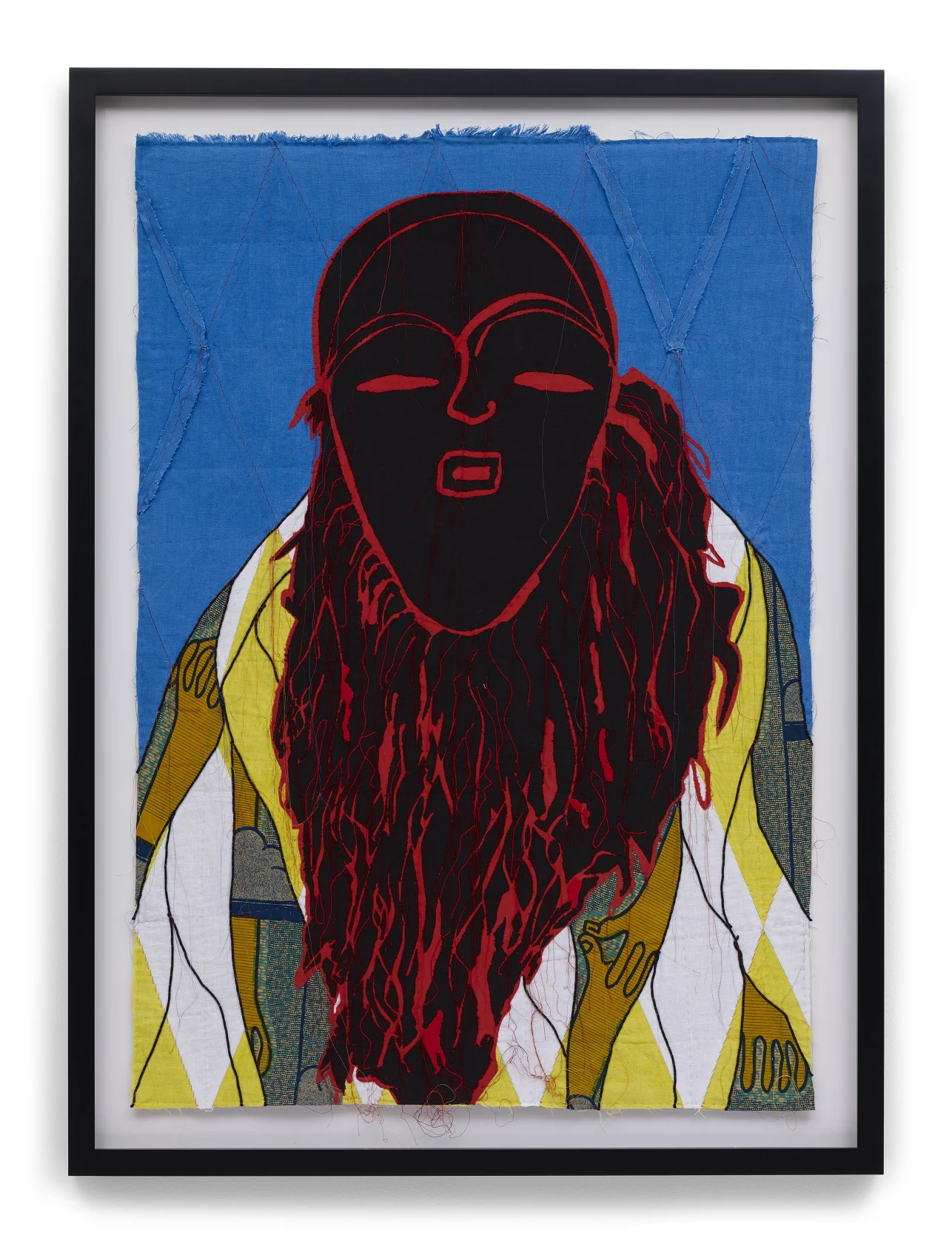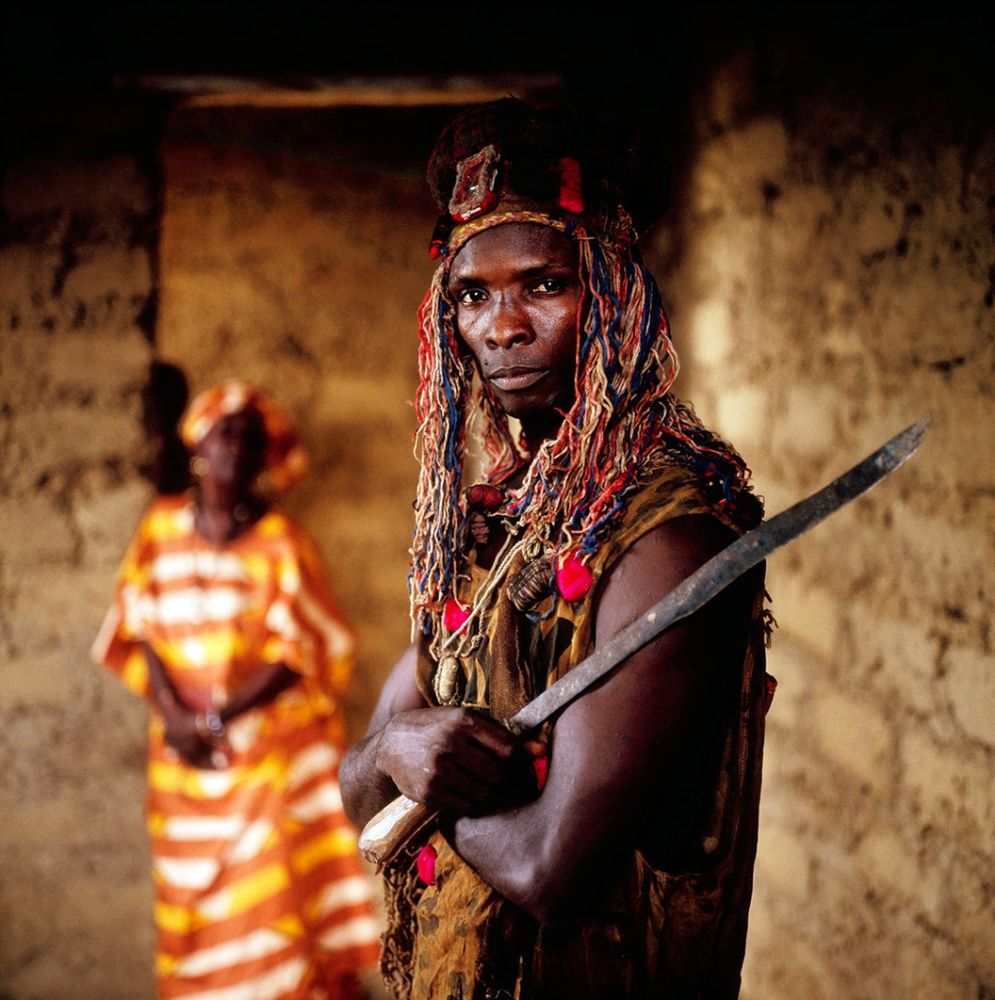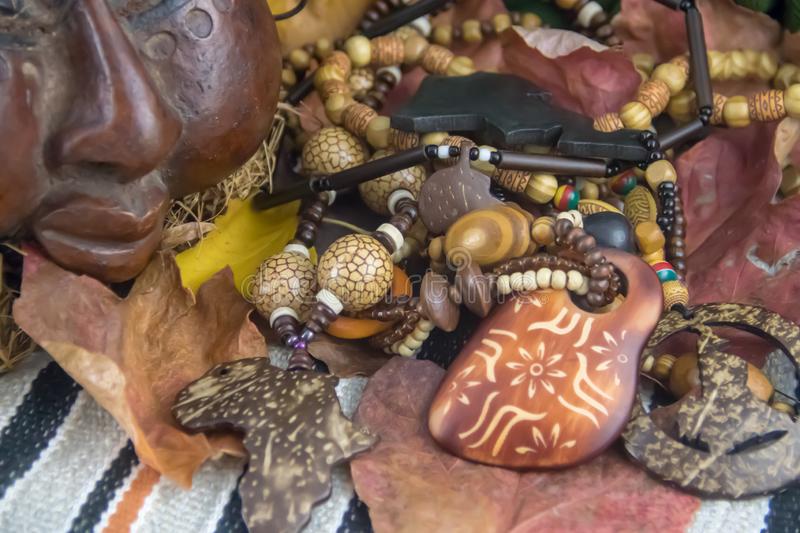In the realm of African spirituality, the threads of tradition and innovation are tightly woven together, giving rise to a tapestry of modern African magic. As ancient beliefs and practices intertwine with contemporary influences, a vibrant and evolving magical landscape emerges. In this article, we explore the diverse facets of modern African magic, examining its significance, expressions, and the ways it continues to shape the lives of individuals and communities across the continnent.
The Resurgence Of African Magical Practices
In recent decades, there has been a renewed interest and appreciation for African magical practices. Many individuals and communities have embraced their ancestral traditions, seeking to reclaim their spiritual heritage and connect with the wisdom of their forebears. This resurgence has been fueled by a desire to counteract the erosion of cultural identity and to foster a sense of empowerment and self-determination.
Syncretism - Where Tradition Meets Modernity
One notable characteristic of modern African magic is its ability to adapt and synthesize with contemporary influences. As Africa continues to undergo rapid social and cultural transformations, magical practitioners have found ways to incorporate elements from other belief systems, such as Christianity, Islam, and New Age spirituality. This syncretism reflects the fluid nature of African spirituality, allowing it to remain relevant and responsive to the needs of its adherents.
Magical Arts And Divination
Central to modern African magic are the magical arts and divination practices. These encompass a wide range of disciplines, including herbalism, spellcasting, ritual ceremonies, and the interpretation of signs and symbols. In urban centers, there has been a resurgence of magical practitioners offering services such as spiritual consultations, spellcasting, and the creation of protective amulets. These services serve as a bridge between the ancient wisdom and the contemporary needs of individuals seeking guidance, healing, and empowerment.
Neo-Paganism And African Witchcraft
Within the realm of modern African magic, there exists a growing movement of individuals who identify as witches or neo-pagansm, you can learn more about modern witchesin this article from joynumber. Drawing inspiration from both African ancestral traditions and Western magical systems, these practitioners explore and adapt various magical practicesto suit their personal beliefs and spiritual paths. They often form communities, both offline and online, to share knowledge, exchange experiences, and create new rituals and ceremonies that honor their African roots.
African Magic In Popular Culture
Modern African magic has also found its way into popular culture, including literature, music, film, and visual arts. African authors like Nnedi Okorafor and Tomi Adeyemi have captivated audiences with their narratives that blend fantasy, mythology, and African magical traditions. Musicians and performers incorporate magical themes and symbolism in their lyrics and stage shows, celebrating the mystical aspects of African spirituality. In the visual arts, artists explore African magical symbolism, creating captivating and thought-provoking pieces that reflect the intricacies of modern African magical practices.
Challenges And Opportunities
While modern African magic has gained momentum and acceptance in many circles, it still faces challenges. In some societies, there are stigmas attached to magical practices, leading to marginalization and discrimination. Additionally, as modernization accelerates, traditional magical knowledge and practices may become endangered, requiring efforts to preserve and transmit them to future generations.
However, there are also opportunities for growth and recognition. Increasingly, scholars, researchers, and practitioners are engaging in dialogues to document, study, and validate African magical traditions. This recognition can foster a deeper understanding and appreciation for the complexities and contributions of modern African magic to the broader field of global spirituality.
The Importance Of Community And Collaboration
In modern African magic, community plays a vital role. Practitioners often come together to share knowledge, exchange experiences, and support one another on their spiritual journeys. Community gatherings, workshops, and online forums provide spaces for learning, mentorship, and the preservation of magical traditions. Collaborative efforts help foster a sense of belonging and empower individuals to explore and express their magical abilities in a supportive and inclusive environment.
Healing And Empowerment
One of the driving forces behind modern African magic is the pursuit of healing and empowerment. Magical practices are often employed to address physical, emotional, and spiritual ailments. Through the use of herbs, crystals, energy work, and ritualistic practices, practitioners aim to restore balance, promote well-being, and facilitate personal growth. The emphasis on healing and empowerment reflects the holistic nature of African magical traditions and their commitment to nurturing the mind, body, and spirit.
Ethic
Like any magical practice, modern African magiccomes with ethical considerations and responsibilities. Practitioners are encouraged to approach their craft with respect, integrity, and a deep understanding of the potential consequences of their actions. The ethical framework varies among individuals and communities, but common themes include honoring free will, avoiding harm, and promoting positive intentions. Ethical discussions and self-reflection are important aspects of modern African magical practice, ensuring that the power of magic is used responsibly and ethically.
Preserving Indigenous Knowledge
As modern African magic continues to evolve, there is a growing awareness of the need to preserve indigenous knowledge and protect cultural heritage. Efforts are being made to document and archive traditional magical practices, rituals, and beliefs. By valuing and safeguarding this knowledge, practitioners and researchers contribute to the legacy of African magical traditions, ensuring their transmission to future generations. Collaborations between indigenous communities, scholars, and cultural organizations are vital in this ongoing endeavor.
Diversity And Intersectionality
Modern African magic is inherently diverse, reflecting the vast array of cultures, languages, and traditions found across the African continent. It is important to recognize and celebrate this diversity, acknowledging that there is no singular African magical experience. Intersectionality also plays a role, as modern African magic intersects with other aspects of identity, such as gender, sexuality, and socioeconomic status. Embracing diversity and intersectionality fosters inclusivity and promotes a deeper understanding of the complexities of African magical practices.
Future Horizons Of Modern African Magic
The future of modern African magic holds both challenges and opportunities. As Africa undergoes further societal, technological, and cultural transformations, the magical landscape will inevitably evolve. It is crucial for practitioners to adapt to changing circumstances while staying rooted in their traditions. Continued dialogue, research, and collaboration will contribute to the growth and visibility of modern African magic, ensuring its resilience and relevance in the years to come.
People Also Ask
What Is The Meaning Of Africa Magic?
The meaning of Africa magic varies depending on the context and perspective. In a broad sense, Africa magic refers to the diverse and intricate systems of spiritual beliefs, practices, and rituals that have existed on the African continent for centuries.
It encompasses the indigenous, traditional, and folkloric magical traditions of various African cultures, which often involve connections to ancestral spirits, nature, divination, healing, and rituals for personal and communal well-being. Africa magic is deeply intertwined with the cultural, social, and historical fabric of the continent, reflecting the spiritual worldview and cosmologies of its people.
What Religion Did Africa Have Before Christianity?
Before the arrival of Christianity, Africa had a rich tapestry of indigenous religions that varied across different regions and ethnic groups. These traditional African religions were characterized by a strong belief in a supreme being, reverence for ancestors, and a deep connection to the natural world.
The practices and rituals of these religions varied, but common elements included offerings, sacrifices, divination, and communal ceremonies. These belief systems were integral to the cultural and social fabric of African societies and played a vital role in shaping their worldviews, moral frameworks, and understanding of the spiritual realm.
What Is The History Of African Magic?
The history of African magic is deeply intertwined with the history of the African continent itself. African magical practices have ancient roots that stretch back thousands of years. From ancient Egypt and Nubia in the north to the Great Zimbabwe civilization in the south, various African cultures developed their unique magical systems and beliefs.
Over time, the practices evolved, influenced by trade, migration, and encounters with other civilizations, such as the Arab, European, and later, the transatlantic slave trade. The advent of colonialism and the spread of Christianity and Islam brought significant changes and challenges to African magical traditions.
However, many aspects of African magic persisted, sometimes adapting and blending with new influences, and continue to thrive today as an integral part of African spirituality and cultural identity.
Conclusion
Modern African magic is a vibrant tapestry that weaves together ancestral wisdom, contemporary influences, and individual experiences. As practitioners navigate the intricate paths of tradition and innovation, they contribute to the evolution and preservation of Africa's rich magical heritage.
With each spell cast, each ritual performed, and each story shared, modern African magic continues to shape and illuminate the spiritual landscapes of individuals and communities across the continent and beyond.


